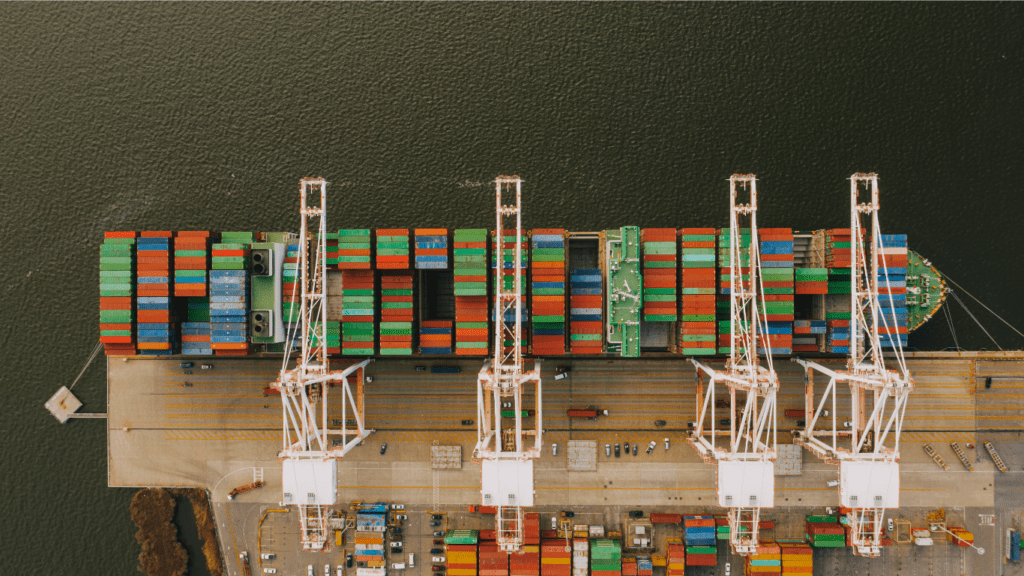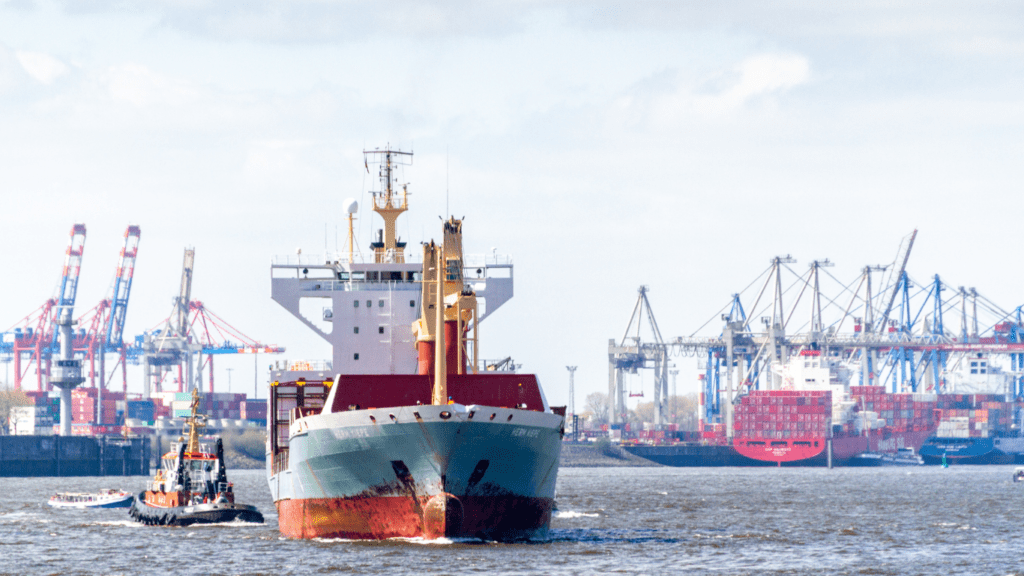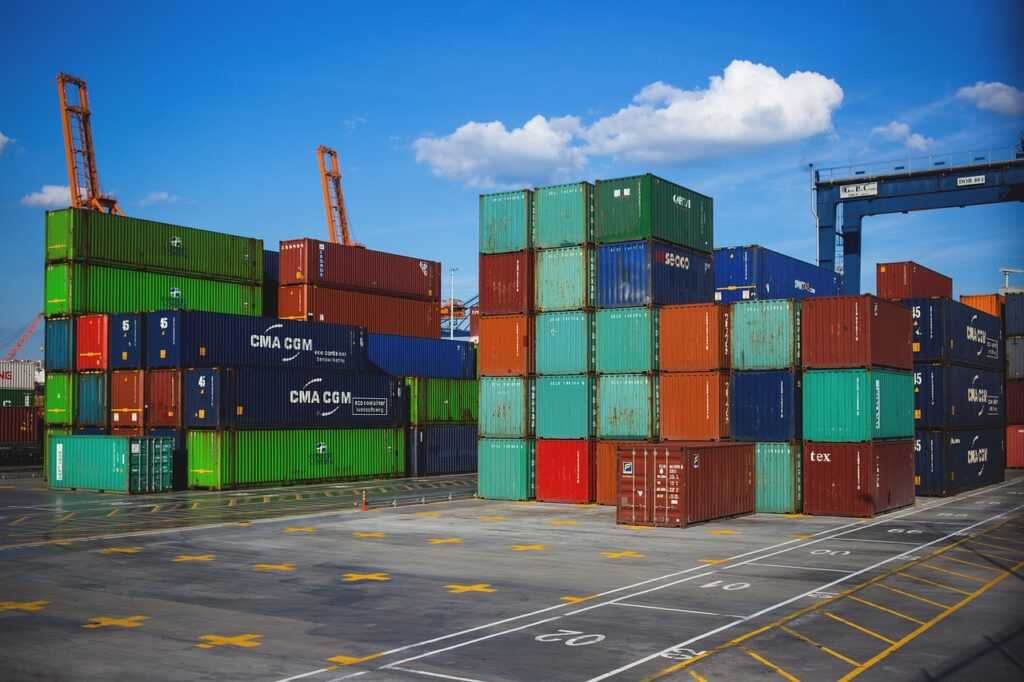The Importance of International Trade Organizations
International trade organizations hold a key role in promoting global commerce by ensuring smooth transactions and fair practices.
Facilitating Global Trade
Organizations such as the WTO create frameworks that allow countries to trade easily. This helps reduce barriers like:
- tariffs
- quotas
The WTO often negotiates agreements to open markets, which boosts economic opportunities globally.
For instance, the General Agreement on Tariffs and Trade (GATT) served as a foundation to remove trade obstacles. By reducing trade friction, international trade organizations enable businesses to access new markets and grow their customer base.
Setting International Standards
Trade organizations establish standards that ensure products meet specific quality and safety requirements. The International Organization for Standardization (ISO) develops these standards for various industries, ensuring global consistency.
This benefits consumers by guaranteeing product reliability and safety. The Codex Alimentarius, created by the Food and Agriculture Organization (FAO) and the World Health Organization (WHO), provides food standards that protect consumer health and ensure fair practices in food trade. These standards facilitate trust and ease transactions between countries by setting clear expectations.
Major International Trade Organizations and Their Roles
International trade organizations play pivotal roles in shaping the landscape of global commerce. They create and enforce rules to ensure smooth, fair, and stable trade practices.
World Trade Organization (WTO)
The World Trade Organization (WTO) oversees global trade rules. Established in 1995, it’s the successor to the General Agreement on Tariffs and Trade (GATT). The WTO facilitates negotiations for reducing trade barriers like tariffs and quotas, promotes fair competition, and settles trade disputes among member nations.
For instance, it resolved the longstanding Airbus-Boeing dispute between the EU and the US. By providing a platform for multi-lateral negotiations, the WTO enhances transparency and predictability in international trade.
International Chamber of Commerce (ICC)
The International Chamber of Commerce (ICC) represents global business interests. Founded in 1919, the ICC drafts model contracts and trade terms, like Incoterms, which clarify the responsibilities of buyers and sellers in international trade.
It also offers dispute resolution services through its International Court of Arbitration, known for handling over 25,000 cases since its inception.
Additionally, the ICC advocates policies that enhance trade efficiency and fairness, influencing regulatory environments worldwide by engaging with organizations like the United Nations and the World Trade Organization (WTO).
Challenges Faced by International Trade Organizations

International trade organizations encounter several challenges that impact their effectiveness and efficiency.
Political Influence and Conflicts
Political influence often disrupts the stability and objectivity of international trade organizations. Governments may leverage their power to skew trade agreements in their favor.
For instance, powerful nations might impose sanctions that affect global commerce or use trade policies as diplomatic tools, creating friction with other member states. These actions can erode trust and collaboration within the organization.
Economic Disparities Between Member Nations
Economic disparities between member nations pose significant challenges. Developed countries often dominate negotiations, while developing nations struggle to assert their interests.
For example, poorer countries may lack the resources to fully participate in trade talks or implement agreed-upon standards, leading to imbalances. This inequality can inhibit fair competition and equitable benefits from global trade.
Case Studies: Success Stories in Global Commerce
Examining real-world instances provides insight into how international trade organizations contribute to global commerce. Here are two notable examples:
Example of Trade Dispute Resolution
In 2009, the WTO resolved a significant dispute between the United States and China over poultry imports. The US alleged that China unfairly restricted imports of American poultry products.
The WTO’s Dispute Settlement Body (DSB) investigated the claim and found China’s restrictions inconsistent with its trade obligations.
Following the ruling, China agreed to remove the restrictions, allowing US poultry exports to resume, amounting to over $1 billion annually.
This case underscores the critical role of international trade organizations in enforcing trade rules and ensuring compliance among member states.
Impact of Trade Agreements on Emerging Economies
- The North American Free Trade Agreement (NAFTA) significantly impacted Mexico’s economy.
- Before NAFTA’s implementation in 1994, Mexico faced high trade barriers and limited market access.
- NAFTA eliminated tariffs on most products traded among the US, Canada, and Mexico.
- As a result, Mexico saw a surge in exports, particularly in automotive and agricultural sectors, boosting its GDP growth by nearly 5% annually between 1994 and 2000.
- Additionally, foreign direct investment in Mexico increased, fostering economic development and job creation. This example illustrates how trade agreements facilitated by international organizations can drive economic growth in emerging economies.




